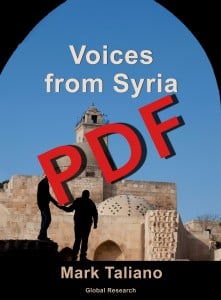EU-Russia’s “Unforgettable Divorce”
March 12th, 2023 by Kester Kenn Klomegah
All Global Research articles can be read in 51 languages by activating the Translate Website button below the author’s name (desktop version)
To receive Global Research’s Daily Newsletter (selected articles), click here.
Follow us on Instagram and Twitter and subscribe to our Telegram Channel. Feel free to repost and share widely Global Research articles.
***
With the current geopolitical developments and the new processes of re-configuration, seriously affecting the landscape of economic cooperation, the basic question many researchers and observers are monitoring is to understand why Russia after the Soviet collapse aspired to transform into an European country. Russia wanted to develop and extend Europe down to the Pacific.
In linguistics, phrases appeared in the direction, such as “developing solid economic cooperation from Lisbon to Vladivostok” and transform the entire vast region into European.
On different occasions, the Kremlin has held several exclusive interactive meetings with European corporate business people. Those meetings raised various issues of fundamental importance for broadening economic cooperation. Throughout the 2000 to 2010, and at one point, Russian and EU businesspeople called on the Russian and EU authorities to resolve the issue of Russia’s accession to the World Trade Organisation (WTO) and begin work on a new basic agreement. President of the European Commission, Jose Manuel Barroso, took part in the discussions.
Interesting and worthy to note that during his presidency, Dmitry Medvedev sent his greetings to the participants in the second European-Russian Forum held on December 8, 2008. The message read in part:
“This big event has an important part to play in resolving issues concerning Russia and Europe. I am sure that this forum will help to bring Russia and Europe closer together and create opportunities for promising new business and humanitarian projects.”
Participants in the forum, which took place in Brussels, included associations of Russians living abroad, Russian public organisations, and also representatives of the European Parliament, the European Commission and the European Council. The forum’s theme was ‘The European Union and Russia: New Challenges’.
As far back on November 24, 2006, President Vladimir Putin and the European Union leadership held an extensive meeting with participation of the members of the Russia-EU Business Cooperation Council. Taking part in the meeting with Russian and EU business community leaders were Finnish Prime Minister Matti Vanhanen, President of the European Commission Jose Manuel Barroso, and Javier Solana, secretary general of the EU Council and EU high representative for the common foreign and security policy.
The meeting between Putin, the European Union leadership and the business leaders took place behind closed doors just before the start of the Russia-European Union summit. The Russia-EU Business Cooperation Council was created in October 2005 and brings together the Russian and EU business leaders most interested in developing economic relations between Russia and the EU.
The Business Cooperation Council acts as a coordinator for practical action to develop new forms and vectors for cooperation between Russian and European businesspeople. The Council sets the objective of ensuring that the business community plays an active part in work to draft a new basic agreement between Russia and the European Union to replace the current partnership and cooperation agreement that expired in 2007.
The Council is responsible for coordinating work by industry and business associations to implement the project for creating a common economic space between Russia and the EU and advancing major forward-looking projects that can have a considerable impact on the structure and level of economic relations between Russia and the European Union.
Projects of this kind include cooperation in the energy sector, joint operation of satellite communications and navigation systems and the formation of mechanisms for cooperating in sectors such as aviation, car making, metals production, energy and machine building.
The Business Cooperation Council is a ‘union of equals’ and has no strong link to any one organisation. The principles on which the Council is formed enable it to expand and involve interested parties in its work. At that time, the Council was co-chaired by Anatoly Chubais, chairman of the board of RAO Unified Energy Systems, for Russia, and by Jukka Harmala, head of Finnish company Stora Enso, for Finland.
Back in 2015, Vladimir Putin took part in the plenary session of the Delovaya Rossiya celebrating the 10th year Russian Entrepreneurs’ Day, praised European business presence in the Russian Federation.
Precisely that year on May 26, Putin said
“Entrepreneurship has come to be considered one of the most important factors of Russia’s confident development. We clearly need to ensure the influx of the largest possible number of self-motivated business-minded people to production companies, people who are ready to take on responsibility for both the work of their companies and their employees. Society and the state are interested in the appearance of a large number of successful, promising foreign companies. Their creation will become a worthy response to the challenges that are currently facing the Russian economy.”
Nevertheless, it would be important to note that during these years both Medvedev and Putin spoke at the plenary session of the St Petersburg International Economic Forum. In these platforms, Medvedev and Putin have paid special focus on European businesses compared to Asian counterparts. In fact, Africa was completely not known those earliest formative years of SPIEF.
Not long ago on June 17, 2016, Putin at the plenary session of the 20th St Petersburg International Economic Forum emphasized that the platform served as a venue for discussing strategic issues. In his views on Russia in the changing world, he explained the systemic problems that are besetting the global economy and practically all countries.
According to him, the world’s leading economies are looking for sources of growth, and they are looking to capitalise on the enormous existing and growing potential of digital and industrial technologies, robotics, energy, biotechnology, medicine and other fields. Discoveries in these areas can lead to true technological revolutions, to an explosive growth of labour productivity. This is already happening and will happen inevitably; there is impending restructuring of entire industries, the devaluation of many facilities and assets. This will alter the demand for skills and competencies, and competition will escalate in both traditional and emerging markets.
Putin underlined the fact that it was necessary to proceed from a network of bilateral and multilateral trade agreements that envisage a varying pace, extent and level of interaction and the extent of market openness, depending on specific national economies’ readiness for teamwork, with understandings on joint research, educational and high-tech projects. All these agreements should be future-oriented and provide the basis for harmonious joint development resting on equal and effective cooperation.
“As early as June we, along with our Chinese colleagues, are planning to start official talks on the formation of comprehensive trade and economic partnership in Eurasia with the participation of the European Union states and China. I expect that this will become one of the first steps toward the formation of a major Eurasian partnership. We will certainly resume the discussion of this major project at the Eastern Economic Forum in Vladivostok in early September. Colleagues, I would like to take this opportunity to invite all of you to take part in it,” he said at the forum.
The “greater Eurasia” project – is, of course, open for Europe, and that such cooperation be mutually beneficial. Despite all of the well-known problems in the relations, the European Union remains Russia’s key trade and economic partner, Putin said and added:
“It (EU) is our next-door neighbour and we are not indifferent to what is happening in the lives of our neighbours, European countries and the European economy.”
The challenge of the technological revolution and structural changes are no less urgent for the EU than for Russia. I also understand our European partners when they talk about the complicated decisions for Europe that were made at the talks on the formation of the Trans-Atlantic partnership. Obviously, Europe has a vast potential and a stake on just one regional association clearly narrows its opportunities. Under the circumstances, it is difficult for Europe to maintain balance and preserve space for a gainful manoeuvre.
As the recent meetings with representatives of the German and French business circles have showed, European business is willing and ready to cooperate with this country. Politicians should meet businesses halfway by displaying wisdom, and a far-sighted and flexible approach. It is necessary to return trust to Russian-European relations and restore the level of cooperation.
He, however, acknowledged there were some pitfalls. Russia did not initiate the current breakdown, disruption, problems and sanctions.
“All our actions have been exclusively reciprocal. But we don’t hold a grudge, as they say, and are ready to meet our European partners halfway. In this context, let me repeat that we are interested in Europeans joining the project for a major Eurasian partnership. This can, by no means, be a one-way street,” Putin added in his speech.
In closing, the plenary session moderator, CNN host Fareed Zakaria, offered Putin for his last remarks. Putin said:
“We agree on some points and disagree on others but there are still more things that unite us – this is absolutely clear. After all, Europe is Europe. The foundations of its economy don’t give us reason to believe that Europe will come to an end at any point, no matter what internal processes are playing out. It is our leading trade and economic partner. We have here the leader of a European country – Italy, and the leader of Kazakhstan – our closest partner and ally with which we are building an integration association. Today, we have gathered everyone together.”
Quite recently, Putin rained praises on French businesses in the Russian Federation. It was precisely on 29 April 2021, Putin held videoconference with leaders of several French companies – members of the Franco-Russian Chamber of Commerce and Industry (CCI France-Russia) to discuss some aspects of Russian-French trade, economic and investment cooperation, including the implementation of large joint projects as well as the prospects for collaborative work.
From the historical records, France has been and remains a key economic partner for Russia, holding the 6th place among EU members in the amount of accumulated investment in the Russian economy and 5th place in the volume of trade. Despite a certain decline in mutual trade in 2020 (it went down by 14 percent compared to 2019) the ultimate figure, quite acceptable, at $13 billion. French investment in Russia was hovering around $17 billion, while Russian investment in France was meagre at $3 billion.
Over 500 companies with French capital were operating in various sectors of the Russian economy. French business features especially prominently in the Russian fuel and energy complex, automobile manufacturing and, of course, the food industry.
“It could have been more if the French regulatory and state authorities treated Russian businesses as Russia is treating French businesses. We appreciate that in a difficult economic environment, French companies operating in Russia have not reduced their activity,” Putin pointed out in the speech, addressing them.
“We are interested in involving foreign companies that would like to invest in Russia and in projects we consider high priority. In order to do this, we will continue to use preferential investment regimes and execute special investment contracts, as you know. A lot of French companies successfully use these tools on the Russian market. For example, more than one third of 45 special investment contracts have been signed with European, including French, partners,” he explained during the meeting.
He further mentioned continuous efforts to attract foreign companies to localise their production to state purchases and to implementing the National Development Projects, as well as existing opportunities for French businesses in special economic zones. Today, there are 38 such zones created throughout the Russian Federation.
Russia pays particular attention to attracting high-quality foreign specialists. Their employment is being fast-tracked, and their families can now obtain indefinite residence permits, with plans to launch a special programme of ‘golden visas’ whereby to issue a residence permit in exchange for investment in the real economy, a practice is used in many other countries.
Taking his turn, Co-Chair of the CCI France-Russian Economic Council, Gennady Timchenko, noted that the pandemic has changed the world, people and business, and that French companies in Russia are responsible employers and socially responsible members of Russian society.
Despite the crisis and the geopolitical situation, a number of French companies have launched production in 2020–2021. Despite the current geopolitical conditions and information field, there are important signals for French business and the Russian side to strengthen economic cooperation, attract investment, and create partnerships on a new mutually beneficial basis.
Co-Chair of the CCI France-Russian Economic Council, Patrick Pouyanne, noted that the meeting has become an excellent tradition, the presence of 17 CEOs and deputy CEOs of French companies showed the importance of these joint meetings, and further reflect the deep interest of French business in Russia.
In addition to above, Foreign Minister Sergey Lavrov has several times held meetings with European Union members. With the same perception, despite the challenges today, that diplomacy has to continue playing an important role in settling differences, and that businesses could convincingly create bridges to strengthen investment and economic cooperation between Russia and the European Union.
Lavrov has oftentimes reiterated Russia’s recognition of the enormous significance and invaluable contributions of European businesses. The stark reality is that Russians simply adore European brands at the expense of their local brands. That makes European businesses, their products and services solid in the Russian Federation. The European enterprises has prominently made their presence always at the St Petersburg International Economic Forum. As an association, it adheres to the principle of mutual cooperation. It marked 25 years in 2020 in Russia.
Over the years, the Association of European Business has held corporate meetings with participation of top Russian politicians and business stalwarts. In St. Petersburg, Foreign Minister Sergey Lavrov has always been the guest speaker during special panel sessions, with participation of the Association of European Business, highlighting with an appreciation their various efforts in promoting economic, investment and trade ties, laying the solid foundation for building good relations between Europe and Russia.
The last time Lavrov addressed the gathering, he stressed the fact there were alarming geopolitical trends that have also affected Russia-EU relations.
“We regret that trade and economic cooperation is becoming increasingly politicized. Trade and economy have been viewed as a safety net in relations among nations. Nowadays though, things seem to have shifted into a somewhat different phase,” Lavrov told the business gathering.
“Politicized energy cooperation is yet another blow at the foundations of what we call European security. Energy is the area of cooperation dating back over 50 years. Protectionism and other barriers and restrictions will only aggravate the economic situation, which is already complicated. By the way, we noted that the Confederation of European Business published recommendations aimed at protecting European businesses amidst sanctions-related restrictions,” he added.
Nevertheless, Lavrov suggested the discussions become a global economic driver, firmly believe that it is in common interests to prevent the appearance of undesirable dividing lines in the new economic spheres created by the new technological paradigm. It is strong conviction that this calls for combining efforts rather than trying to play zero sum games again, as was the case in the past. Russia is ready for cooperation on the broadest possible basis.
Obviously, the future Russia and European business relations can still be consolidated despite the current political differences, Lavrov said with high optimism. Russia is ready to build its relations with the European Union along some principles. The European Union remains as its important trade partner. As before, there is optimism that both are open to cooperation, European partners are keen on building businesses in the economic space from Lisbon to Vladivostok, this vast country and in the Eurasian region.
The interest in strengthening and diversifying trade and economic ties have been growing since Soviet collapse. According to statistics, trade with the European Union reached almost $300 billion in 2019. The Association of European Business, which unites European companies, believes that both business circles and business diplomacy can and should make a useful contribution to restoring mutual trust and confidence in the business sphere. Under its aegis, European businesses show readiness to expand cooperation and to implement mutually beneficial joint projects across Russia.
Here is a bit of interesting point about Russia’s demography. Records show that European Russia accounts for about 75% of Russia’s total population. But the documents further indicate that 1.8 million Russians live in the European Union (majority in Britain, Germany and France). But then, the rhetorical questions are: Can Russia lead the emerging global economic order? Is Moscow a financial hub and host to international organizations’ offices as in New York and Washington, and in Europe? Is this the end of Russia’s European dream?
During the past several years, Putin’s meetings with EU members included those, such Germany, Italy, France, Spain et cetera. In addition to Putin’s meetings, Foreign Minister Sergey Lavrov and, the Economic and Development Minister held series of meetings, both the Federation Council and the State Duma discussed consistently issues relation to their point cooperation. Today, with the global changes and the war on Ukraine that necessitated the imposition of stringent sanctions, Russia has gunned down its the post-Soviet dream of becoming purely European. What remains in this emerging new world, despite the sharp differences among them Russia might only and eventually become Greater Eurasian.
*
Note to readers: Please click the share buttons above. Follow us on Instagram and Twitter and subscribe to our Telegram Channel. Feel free to repost and share widely Global Research articles.
Kester Kenn Klomegah, who worked previously with Inter Press Service (IPS) and InDepthNews, is now a regular contributor to Global Research. As a versatile researcher, he believes that everyone deserves equal access to quality and trustworthy media reports.
 And Into The Fire
And Into The Fire


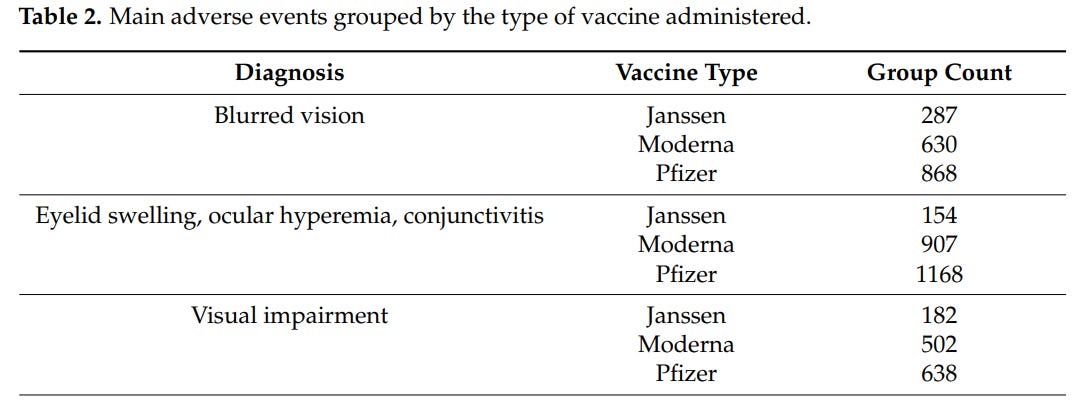




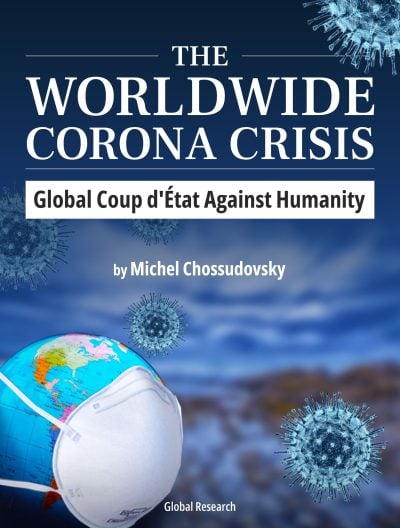 The Worldwide Corona Crisis, Global Coup d’Etat Against Humanity
The Worldwide Corona Crisis, Global Coup d’Etat Against Humanity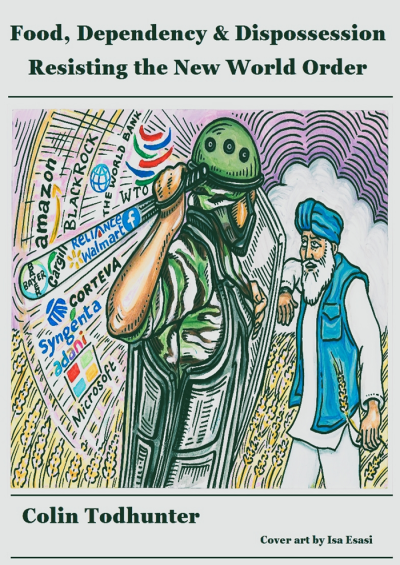 Read Colin Todhunter’s e-Book entitled
Read Colin Todhunter’s e-Book entitled

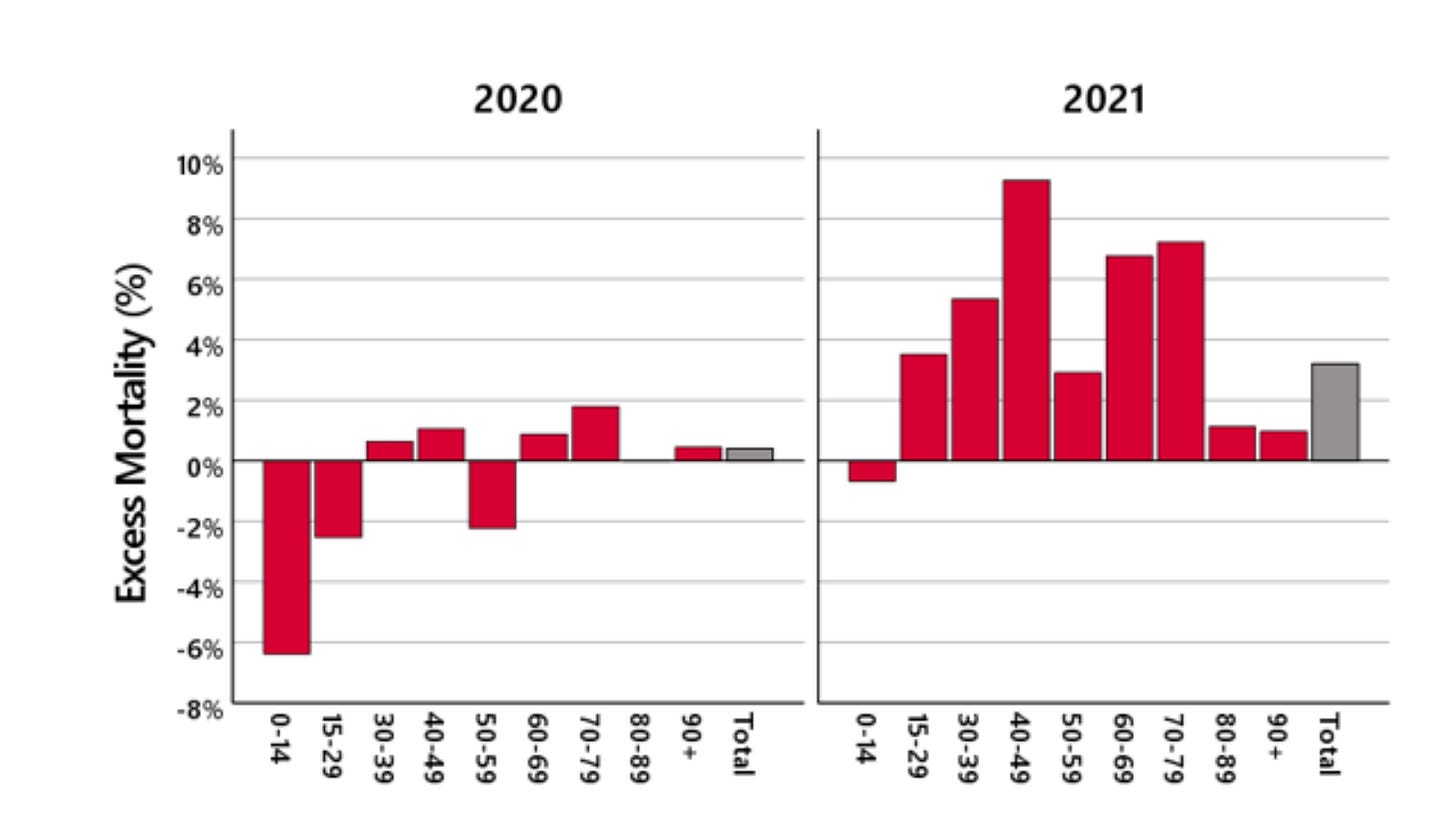







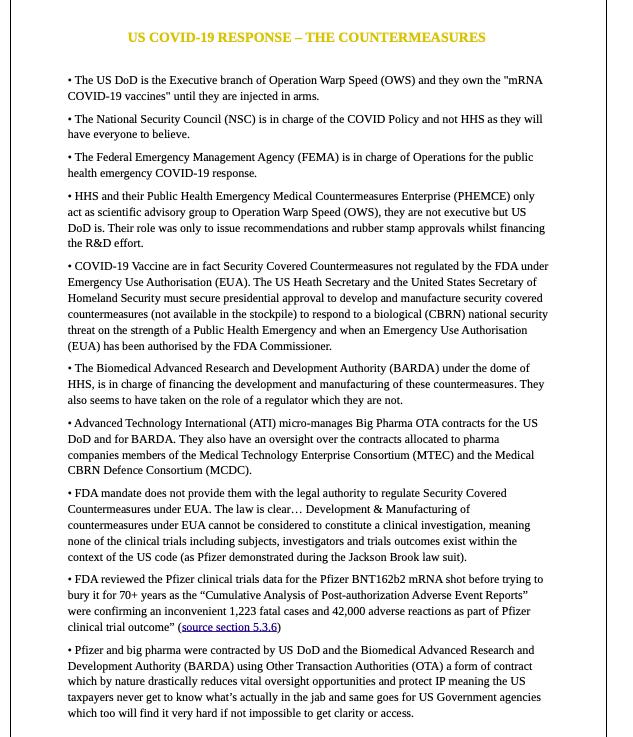
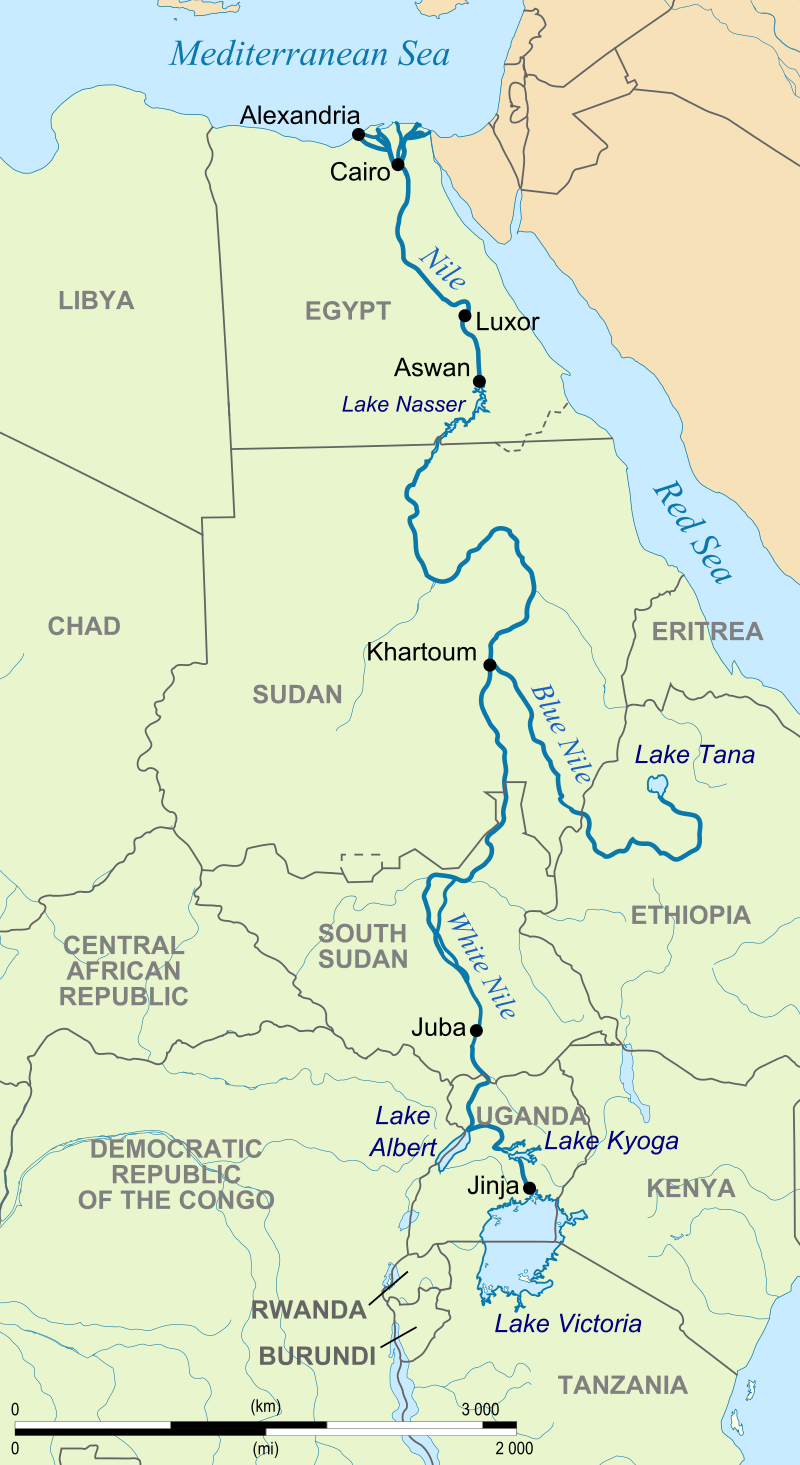
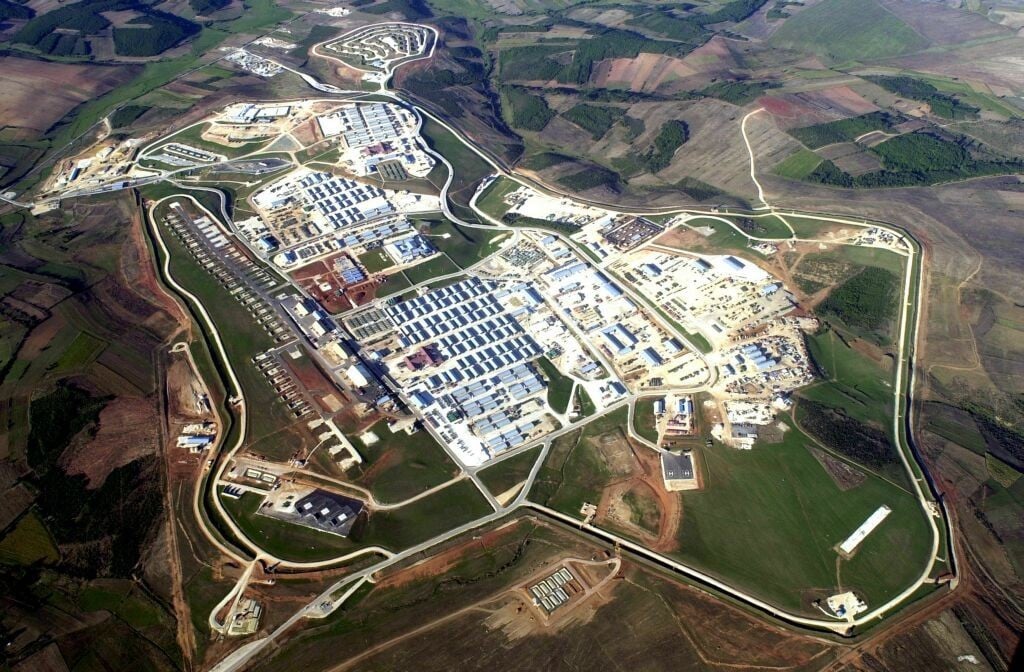


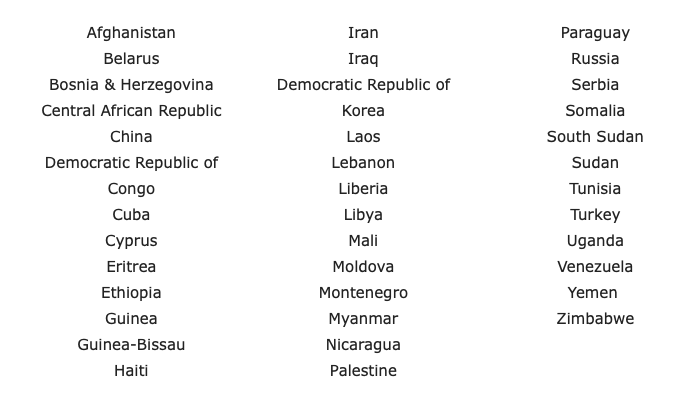







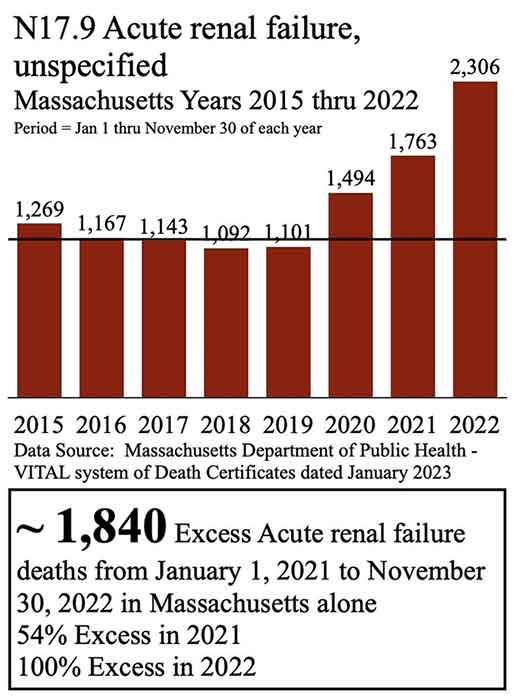
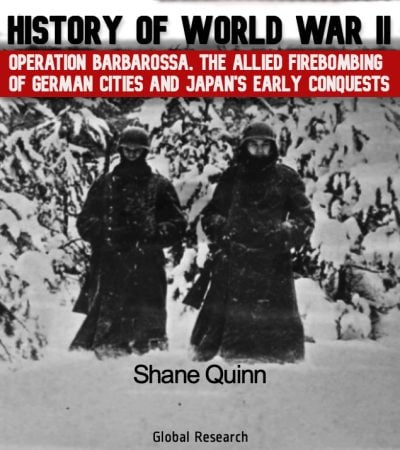 History of World War II: Operation Barbarossa, the Allied Firebombing of German Cities and Japan’s Early Conquests
History of World War II: Operation Barbarossa, the Allied Firebombing of German Cities and Japan’s Early Conquests
 U.S
U.S Washington Is Out to Topple India’s Modi
Washington Is Out to Topple India’s Modi Young People Who Suffered Blood Clots and Amputations After COVID-19 Vaccination Are Being Lied to, and Media Uses Them to Lie to Us
Young People Who Suffered Blood Clots and Amputations After COVID-19 Vaccination Are Being Lied to, and Media Uses Them to Lie to Us Environmental Modification Techniques (ENMOD) and the Turkey-Syria Earthquake: An Expert Investigation is Required
Environmental Modification Techniques (ENMOD) and the Turkey-Syria Earthquake: An Expert Investigation is Required Showdown in Ukraine. Hobbled US Turns to War to Preserve Its Waning Primacy
Showdown in Ukraine. Hobbled US Turns to War to Preserve Its Waning Primacy Italy 2020: Inside COVID’s ‘Ground Zero’ in Europe
Italy 2020: Inside COVID’s ‘Ground Zero’ in Europe Was the Earthquake in Turkey and Syria Man-made?
Was the Earthquake in Turkey and Syria Man-made? First Child Death Due to Pfizer COVID-19 mRNA Vaccine Compensated. Taiwanese Girl 5-11 Years Old Died After Second Pfizer Jab. Government Awarded $115,000 to Family
First Child Death Due to Pfizer COVID-19 mRNA Vaccine Compensated. Taiwanese Girl 5-11 Years Old Died After Second Pfizer Jab. Government Awarded $115,000 to Family The US Meat Supply May Soon be Widely Contaminated with mRNA Proteins From Biotech “Vaccines”
The US Meat Supply May Soon be Widely Contaminated with mRNA Proteins From Biotech “Vaccines” Imagine a World Without Smartphones
Imagine a World Without Smartphones Turkey-Syria Earthquake: Is This An Act of Terror?
Turkey-Syria Earthquake: Is This An Act of Terror? Mike Whitney’s Antivax Grab-Bag: Memes, Blurbs and Links
Mike Whitney’s Antivax Grab-Bag: Memes, Blurbs and Links Why America Needs War, The Project for The New American Century (PNAC)
Why America Needs War, The Project for The New American Century (PNAC) Who is Volodymyr Zelensky?
Who is Volodymyr Zelensky? Wars: The Cancelled History
Wars: The Cancelled History Neo-Nazi Terrorists Invade Russia, Kill Civilians
Neo-Nazi Terrorists Invade Russia, Kill Civilians Historical Analysis of the Global Elite: Ransacking the World Economy Until ‘You’ll Own Nothing.’
Historical Analysis of the Global Elite: Ransacking the World Economy Until ‘You’ll Own Nothing.’ COVID-19 Vaccine Induced Psychosis – 13 Cases of Post-Vaccine Psychosis, Mania & Suicide Attempts That Will Shock You.
COVID-19 Vaccine Induced Psychosis – 13 Cases of Post-Vaccine Psychosis, Mania & Suicide Attempts That Will Shock You. Russian Aerospace Forces Failing in Ukraine? Moscow’s “State of the Art” Su-57 Aircraft
Russian Aerospace Forces Failing in Ukraine? Moscow’s “State of the Art” Su-57 Aircraft Why the Body Attacks Itself After COVID-19 Vaccination
Why the Body Attacks Itself After COVID-19 Vaccination
